The school will feature presentations by leading scholars from different parts of Russia who will speak about their research teams known in the country and abroad. Participants will be able to create laboratories at their higher education institutions with the support of the school’s mentors. The school is organized by ITMO University and the Center for Strategic Research North-West.
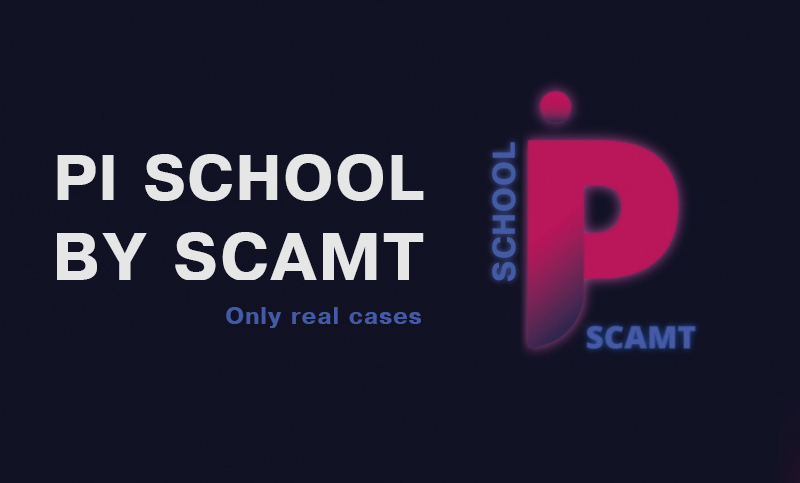
On June 21-26, ITMO University will host PI Summer School for young scientists wishing to found their own laboratories that will be noticed not only in Russia but also in the world. Future team leaders will learn how to find and nurture new talents, form hypotheses, and publish research findings in the world’s leading journals.
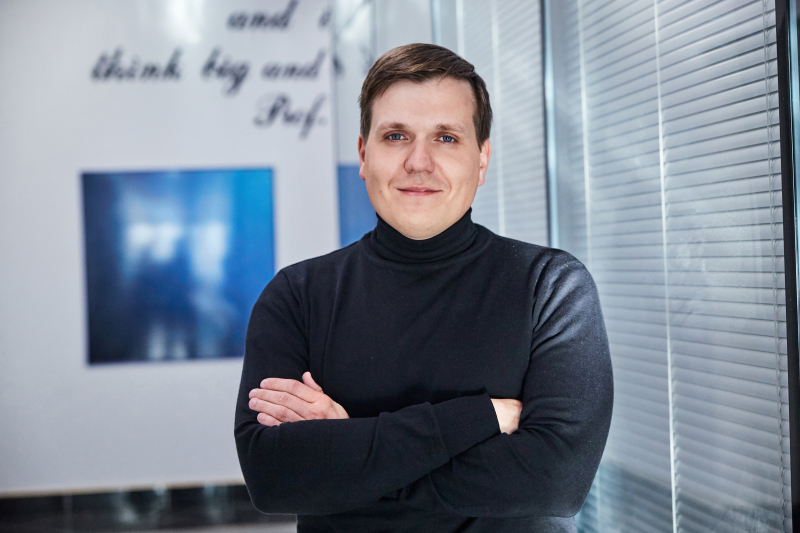
Vladimir Vinogradov
“Heads of next-gen laboratories should be able to work at the forefront of science, develop effective communication, promptly put together teams, look for funding, and negotiate with industrial partners,” says Vladimir Vinogradov, one of the school’s organizers and head of SCAMT Institute at ITMO University. “These aren’t our typical lab heads but principal investigators (PIs). The school aims to demonstrate how these new specialists can work in Russia. Our experience isn’t perfect but we want to share our trial-and-error process to help others start on their path easier.”
The organizers believe that well-established laboratories don't have to be in St. Petersburg, Moscow, or any other cities with millions of residents and a rich academic history. Thus, they will pay special attention to the stories of scientific breakthroughs from other regions of Russia.
“We have lecturers from Kaliningrad and Irkutsk. However, people still think that you can’t get featured in the best scientific journals and do research at the international level if you’re not from a large city. But that’s not true,” adds Vladimir Vinogradov.
Who can participate?
Held on-campus, the school is designed for PhD graduates who defended their thesis not earlier than in 2015 and preferably have a background in natural sciences: physics, chemistry, biology, mathematics, materials science, and others.
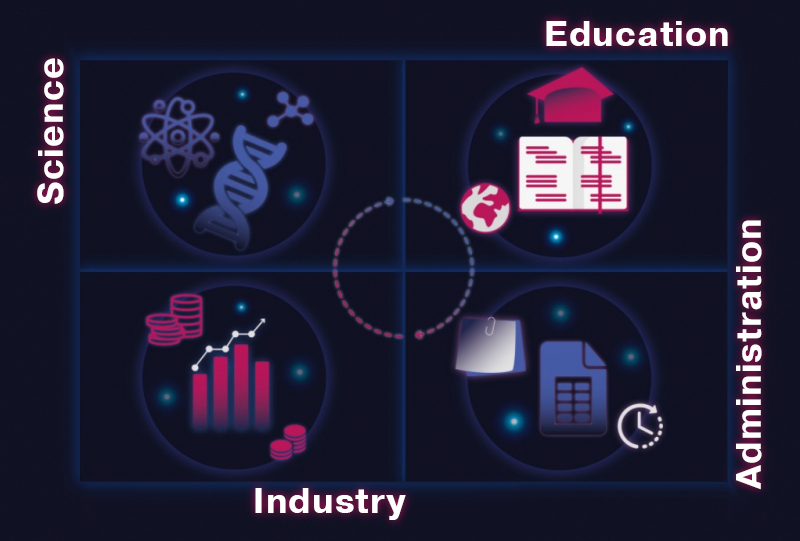
The call for applications is open till May 1. Prospective students should fill out an application form on the website of the PI School by SCAMT and submit a CV, as well as a letter or video to explain their motivation to join the school. The participation and accommodation are free of charge.
“When choosing participants, we will pay special attention to the videos with their motivation. So if you send one, you will have more chances to be accepted. Even if you don’t meet some of the criteria, you can still get in by demonstrating your motivation,” explains Polina Khapaeva, a co-organizer of the school and director for development at SCAMT International Research Center.
How will the school be organized?
After the results are announced in mid-May, participants will have to fill out the so-called self-determination map where they describe their role and the place of their laboratory in science, education, and cooperation with industrial partners. They will also share their thoughts on administering and managing research groups. All this will be done before their trip to St. Petersburg.
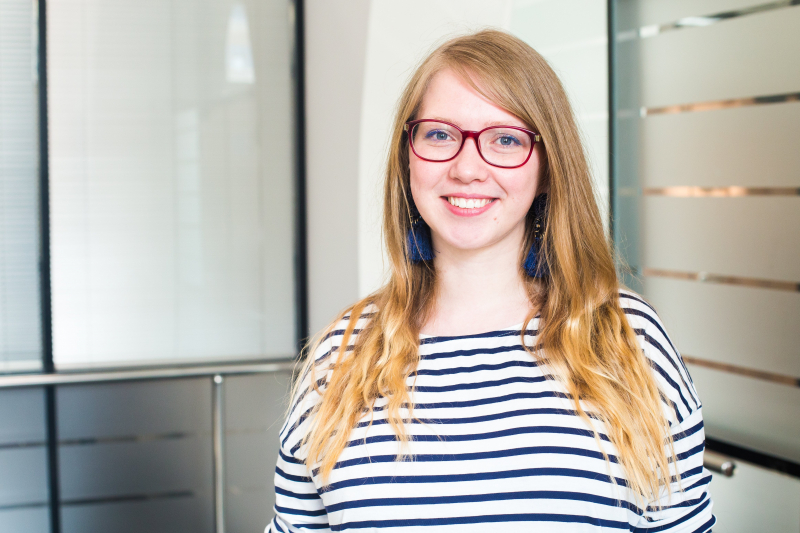
Polina Khapaeva
“Within a week, the participants will have classes in four tracks: science, education, industry, and administration. During these classes, participants will work on their self-determination maps,” explains Polina Khapaeva. “Thanks to this practice, they will be able to compare their maps made before and after the course, and the latter will become the roadmap for their future career.”
The classes will include lectures, seminars, and workshops, and each track will require teamwork.
“For example, during the science track, school participants will have to prove the novelty and originality of their scientific ideas to young talents of ITMO University. So that our PhD students with publications in international journals saw them and felt eager to join. The same goes for the industry track. Our listeners will meet real investors to present their ideas and show their value to potential industrial partners,” says Vladimir Vinogradov.
What will be after the school?
On the last day of classes, scientists will have to defend their self-determination maps in front of the board of experts. The best graduates will gain mentor support from ITMO University for the implementation of their projects.
“We want to build a partner network throughout the country and find new points of growth, as well as prospective collaborators,” explains Vladimir Vinogradov. “That’s why we’re ready to help our colleagues who are strongly motivated but are still at the beginning of their journey by providing mentor support up to the moment their laboratory becomes internationally recognized.”
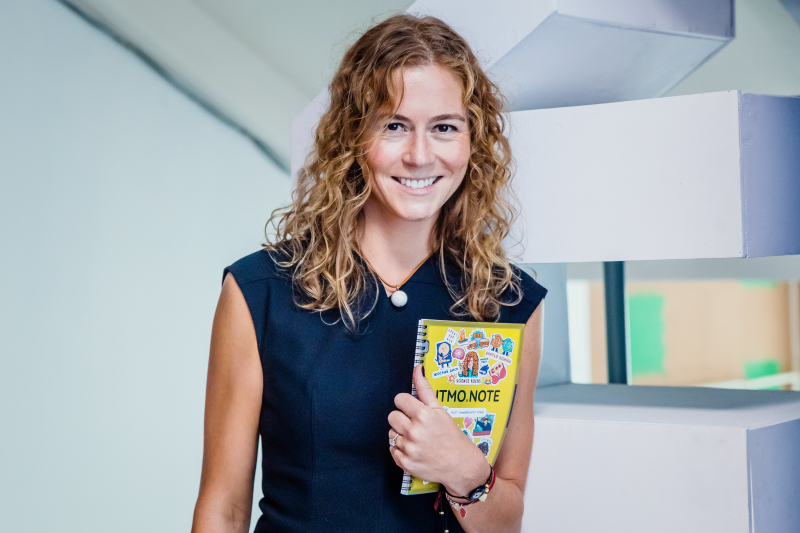
Daria Kozlova
“ITMO University has significantly developed in the last seven years. Thanks to Project 5-100 we introduced new research fields and advanced technologies, organized collaboration programs with the world’s top universities, as well as welcomed dynamic teams,” concludes Daria Kozlova, First Vice Rector of ITMO University. “One of our values is openness. We’re open to new collaborations, ideas, people, and technologies. And we’re eager to share our best practices with others because we stand by collaboration, not competition.”
(source https://news.itmo.ru/en/trend/education/news/10266/)